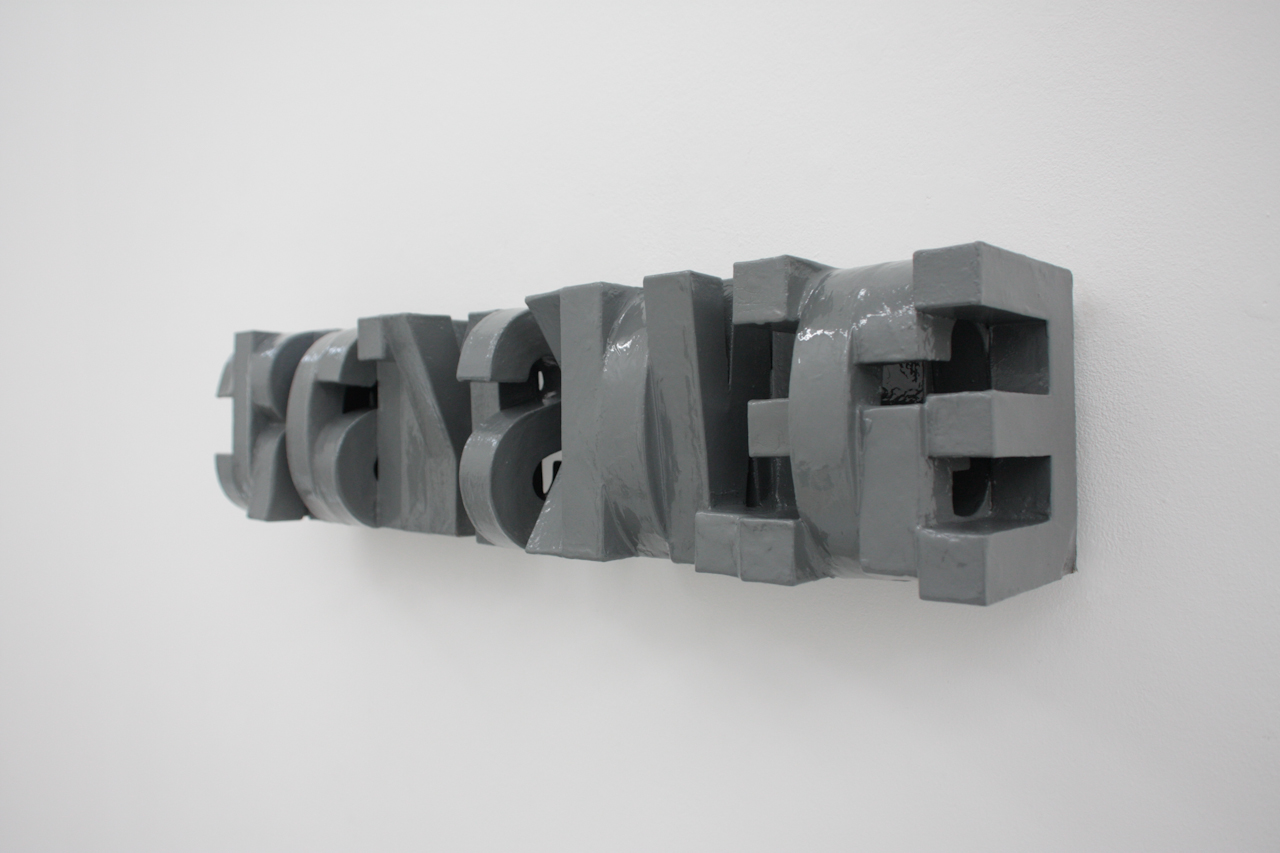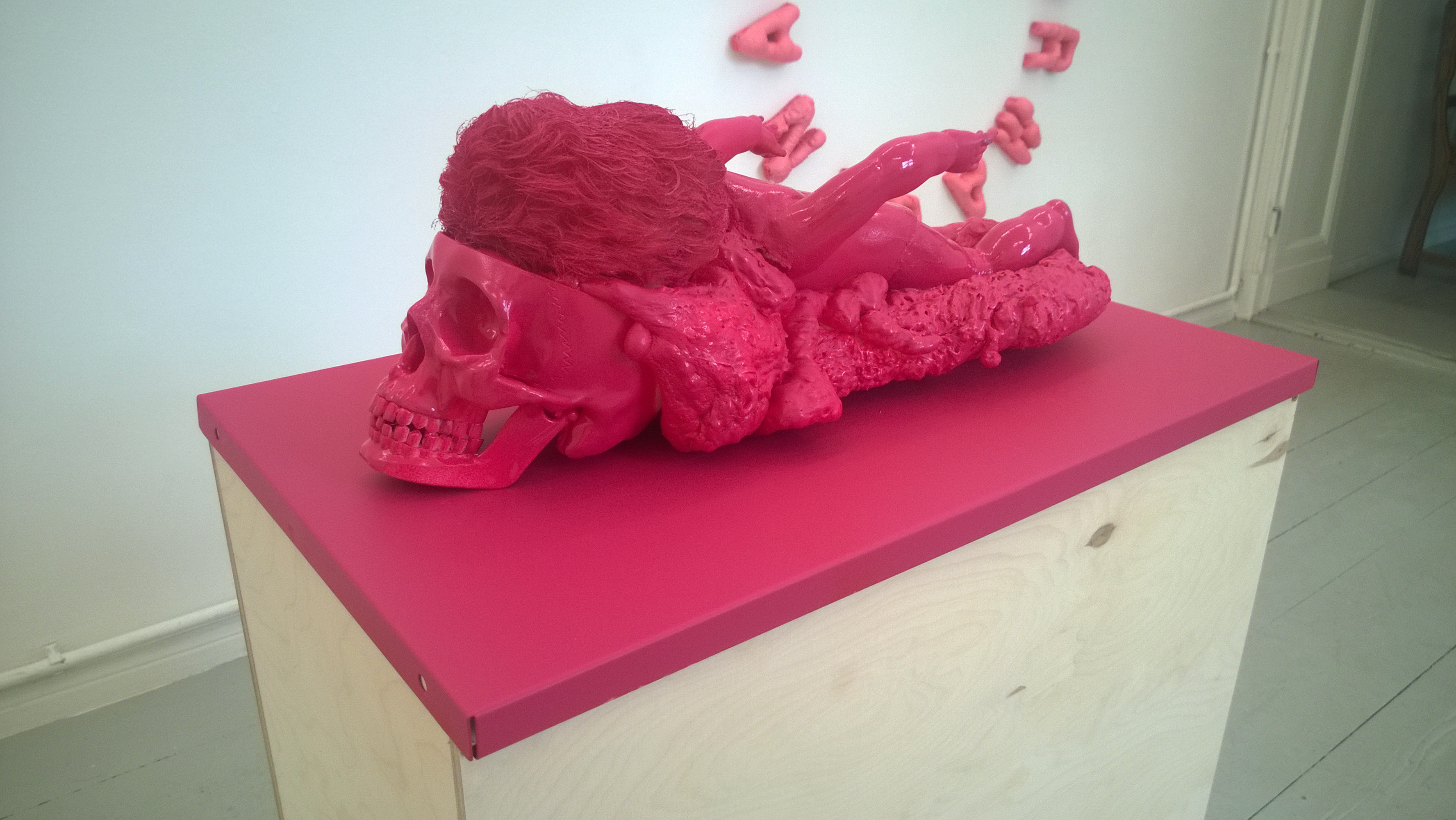
What Makes Us Humans? Vol.3: Information Society
One could say, or intuit, that one is: as Descartes said: I am conscious therefore I am. But one could not say what one is; from where we come, where are we going. Even the notion of consciousness is constantly debated. Is it reality an inner state of mind defined by our own genetic material or is it an outer material entity defined by generic rules we might, one day, fully understand? At the core of this discussion, information appears to be essential to the understanding of reality. Although an analysis of the notion of information has been a constant theme in western thinking, explicit analysis of information as a philosophical concept dates back only to the second half of the 20th century.



The eye sees only what the mind is prepared to comprehend -Henri Bergson


The reflection on information has become central in today’s debate about consciousness and perception of reality. Through the accumulation of history humankind was able to grow in information and, therefore, in perception of realness. But it is this same accumulated information what makes us understand today that the experience we get through our senses is only an image –an impulse– inside our brain, an illusion predefined by our genetic material. What is the power of information in a complex society such as todays? Is information acting as the anti-matter of sensible reality? How do we explain reality?






